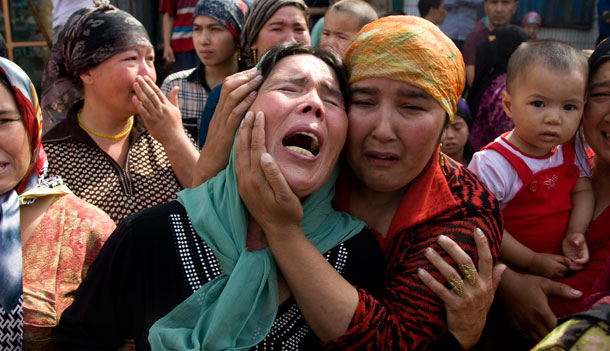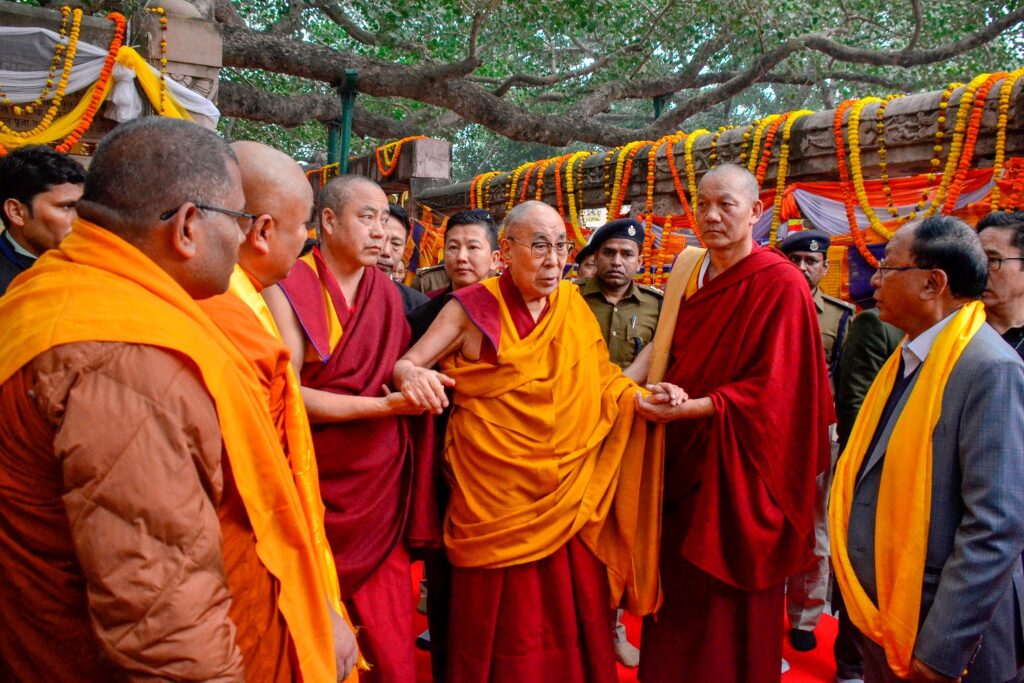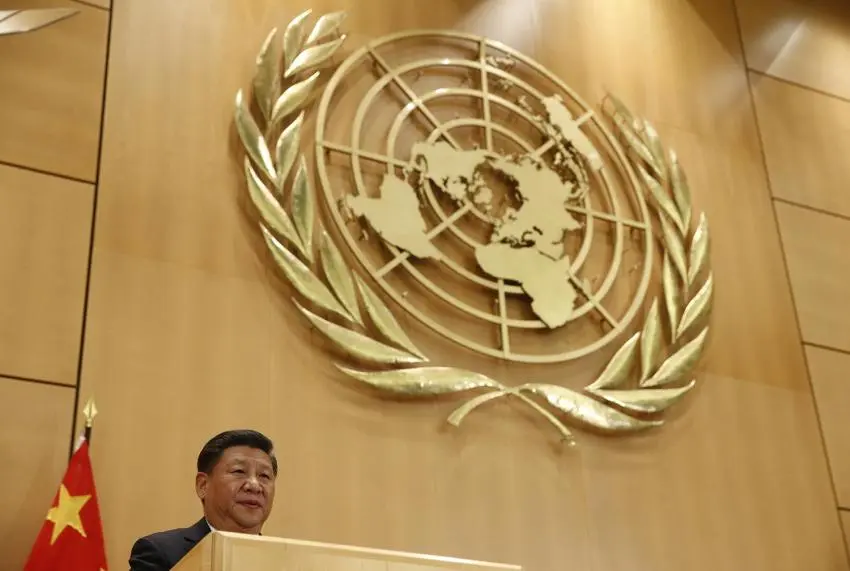A permanent member in the security council holds unprecedented power and massive responsibility. But, China, one of the five permanent members despite being an influential country and having a large economy, is the most controversial, secretive and distrusted country of the 21st century.
Which brings us to an important and much debated question – Does China warrant to continue as a permanent United Nations member without upholding the responsibility that such a charter demands?
Was the People’s Republic of China always a member of the United Nations?
China’s experience as a permanent member of the UN Security Council (UNSC) is complicated and contentious. As one of the World War II Allies that won the war, the Republic of China (ROC) held the permanent seat in the UNSC and was one of the founding members of the UN in 1945. It had control over today’s mainland China and Taiwan, backed by Koumintang (the major political party at that time in China). But in 1949, the Communist Party of China (CPC) ousted the Koumintang (KMT) to become the legal authority of mainland China establishing PRC (People’s Republic of China). With this the KMT along with ROC withdrew to Taiwan and a few other offshore islands, where it kept up its existence as a separate state.
Both the PRC and the ROC claimed that they spoke for all of China for more than 20 years while denying that the other existed. Up until 1971, the UN recognized the ROC as China’s representative. However, a majority of member states then voted to adopt Resolution 2758, which recognized “the representatives of the Government of the People’s Republic of China as the only representative of China to the United Nations” and expelled “the representative of Chiang Kai-shek” (the leader of the ROC).
This resolution essentially handed the ROC’s seat as China’s permanent member of the UNSC to the PRC and barred the ROC from taking part in any UN-related activity. Many poor nations with diplomatic links to the PRC and some Western nations seeking to further their relations with Beijing supported the resolution. Some ROC friends, including the United States, opposed the resolution because they saw it as a betrayal of a democratic ally.
The effect of this event:
The PRC’s admission to the UNSC altered the hierarchy of power within the organization and increased its sway over world events. Resolutions that the PRC believes are detrimental to its interests, such as those pertaining to human rights, Tibet, Taiwan, or other territorial issues, have been blocked by the use of its veto power. Additionally, the PRC has backed resolutions that advance its goals, such as those that speak out against imperialism, colonialism, or meddling in other countries’ domestic affairs.
Throwing its weight around, it has violated several International and human rights laws that are making the international community rethink their position when it comes to China. Some of the instances are:
Atrocities on Uyghur Muslims

The Uyghurs are majority Muslim ethnic group who live in Xinjiang region in north-western China. They have distinct glorious culture, language and history nonidentical to the Han Chinese plurality. In recent years, the atrocities on Uyghurs is on rise by Chinese government in Xinjiang. Some instances that have come to light are-
- Detaining more than a million Uyghurs in “re-education camps” where they are subjected to political indoctrination, torture, forced sterilization, and sexual violence.
- Imposing a mass surveillance system that tracks the movements, communications, and biometric data of the Uyghurs using facial recognition, cameras, and spyware.
- Restricting the religious and cultural practices of the Uyghurs, such as banning Islamic names, clothing, and symbols, destroying mosques and shrines.
- Exploiting the Uyghurs as a source of cheap and coerced labour for cotton production and other industries, often transferring them to other provinces or regions without their consent.
The Tibet Occupation

Prior to 1950, when the People’s Republic of China (PRC) invaded and seized control of it, Tibet was a de facto independent country. The Seventeen Point Agreement, which acknowledged China’s control over the Tibet while also granting Tibetans significant autonomy and religious freedom, was signed by Tibetan representatives under duress in 1951. China however violated the deal and enforced severe unreasonable policies in Tibet which includes land reforms and political persecution. In response, a significant uprising against Chinese control began in Tibet in 1959; however, it was brutally put down by the PRC army. The political and spiritual head of Tibet, the Dalai Lama, fled to India and established an administration there. China in order to control and shape Buddhism in its interest pushed the Dalai Lama out of Tibet and started to supress dissent in this regard ever since using every resource they have.
Economy Hanging by a Thread

In China, real estate accounts for about 25% of GDP and 70% of household wealth. A drop in property prices and sales has reduced consumer spending, income, and confidence, as well as government revenue from land sales and taxes. Chinese economy is hanging by a thread, due to the Evergrande real estate crisis. Evergrande, one of the largest real estate developers in China collapsed last year by borrowing loans over $300 billion. This has caused panic among investors, homebuyers and workers who lost their life time earnings. As a consequence, Evergrande has a domino effect of defaults and bankruptcies among other property developers, banks, and financial institutions. Though China’s central bank injected 100 billion yuan ($15.5 billion) into the banking system on the 27th of September, but too little to avert the financial crisis. Needless spending by China on non-profitable projects akin to One Belt One Road (OBOR) to create debt trap for poor nations has resulted in shortage of fund to rescue its own economy which is in crisis.
Does China Warrant to be Permanent Member of UN?
The predominant purpose of UN creation was to uphold peace and tranquillity across the globe; however, China’s actions are divergent to common international goals. International community shall work together to formulate rules wherein suitable steps can be taken against nations not complying with international norms established for global peace and development. Dillydally to introduce reforms which is need of the hour to maintain global peace and stability will have adverse repercussions in times to come.

